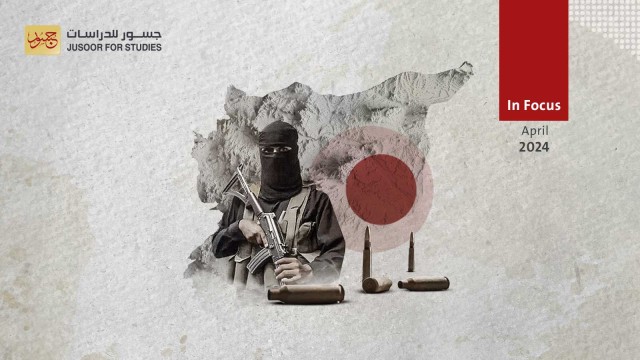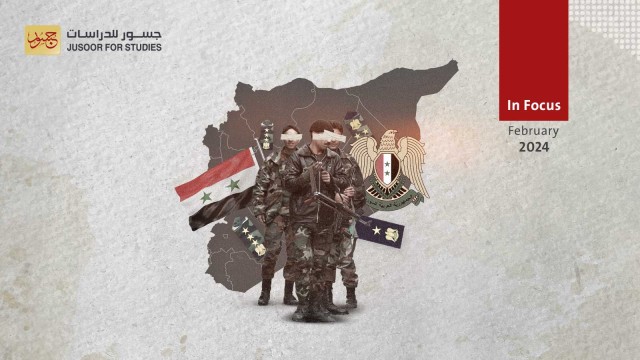Analysis: Targeting the joint patrol on the M4 International Road in Idlib
Font Size
In Focus | Analysis: Targeting the joint patrol on the M4 International Road in Idlib
On July 14, the 21st joint patrol of Turkish and Russian forces was attacked by an unknown party close to the town of Museibin overlooking the international M4 road, east of Idlib.
The current hypotheses about the perpetrators are limited to the jihadist organizations affiliated to al-Qaeda coalition, ISIS cells, and the Syrian regime sleeper cells in the Idlib region.
The attack method does not resemble the method adopted by jihadist organizations, including ISIS. In addition, the attack does not serve al-Qaeda or ISIS as much as it serves the regime and then Iran and even Russia.
The hypothesis that the Syrian regime cells carried out the attack raises several implications, namely:
- The Syrian regime and its allies are still able to penetrate the de-escalation zone, despite opposition factions’ campaigns to pursue the regime affiliated cells with in that region in 2017 and 2018.
- The Syrian regime and Iran’s desire to disrupt the implementation of the Moscow Memorandum on Idlib.
- The regime’s allies wish to pressure Turkey as it is Turkey’s responsibility to eradicate any remaining extremist groups in Idlib.
If ISIS cells were responsible for carrying out the attack, then it is considered an indication of:
- The escalation of the threat of ISIS: Through its cells, it carried out several operations in the past weeks in an unusual way in the areas controlled by the Syrian opposition factions, such as the city of Al-Bab, east of Aleppo, and near the city of Azaz in the north of the governorate.
ISIS's ability to respond to HTS provocation, whose security apparatus pursued those associated with the organization, in addition to the assassination of Abd al-Razzaq Aboud in the city of Sarmin the day before the patrol was targeted, and he is a close associate of Hassan Abboud, the commander of the Daoud Brigade who moved From Idlib to Raqqa to pledge allegiance to the organization in late 2013.
As for the jihadi formations led by Hurras al-Din that are responsible for the attack, this carries different messages to several sides. Most notably:
• Emphasizing the ability of the organization to confront Russia in the region and making sure to target it whenever the opportunity presents itself, in the hope that this will contribute to enhancing the confidence of its elements in it.
• Indicating HTS failure to control jihadi organizations’ file in the region, and its ability to threaten the parties to whom it presents itself as guarantor, given that the targeting site falls within the HTS-controlled area, except for being responsible for protecting the path unofficially.
Unit of Analysis and Thinking - Jusoor for Studies
To visit the English Telegram channel: Click here








